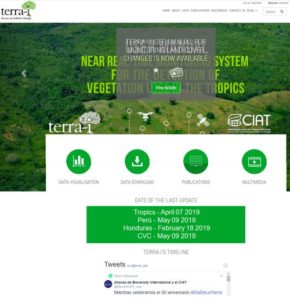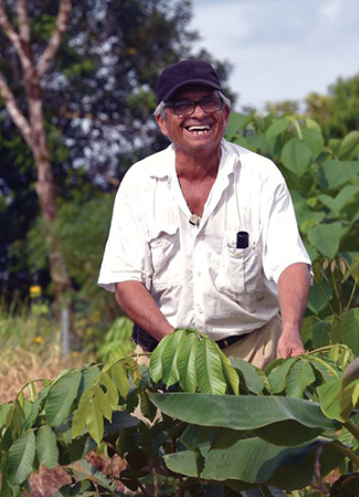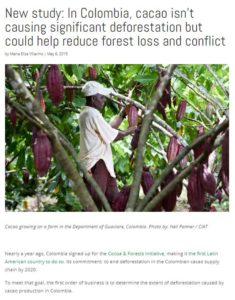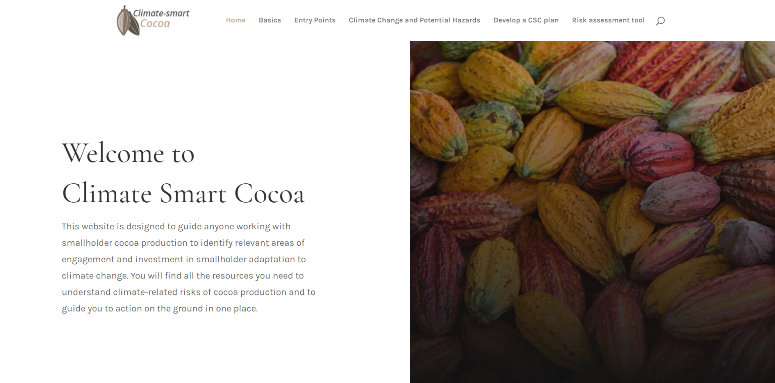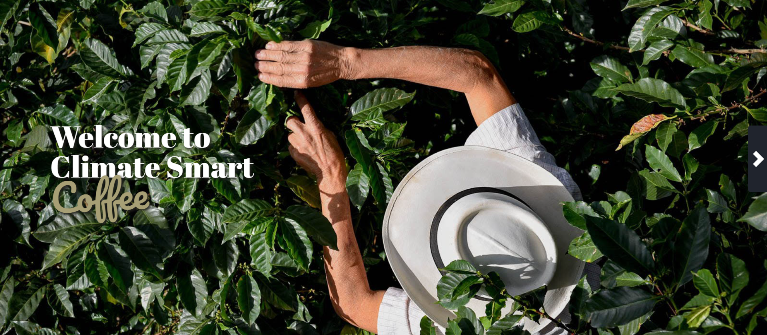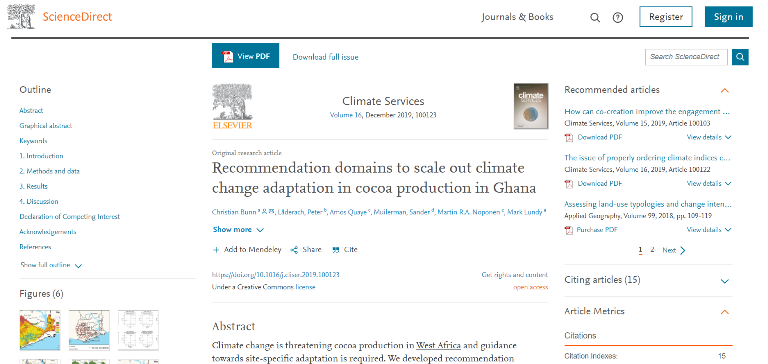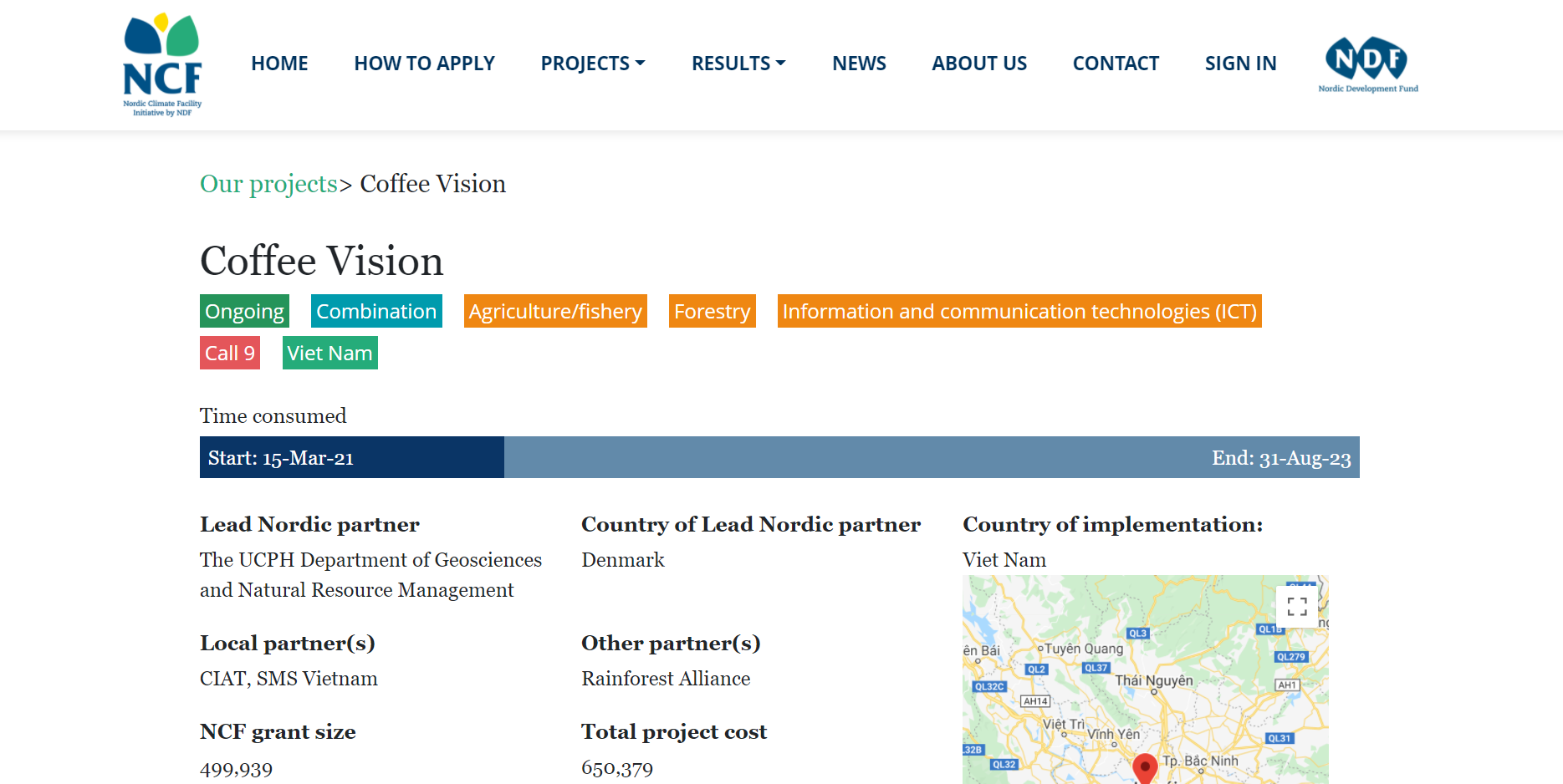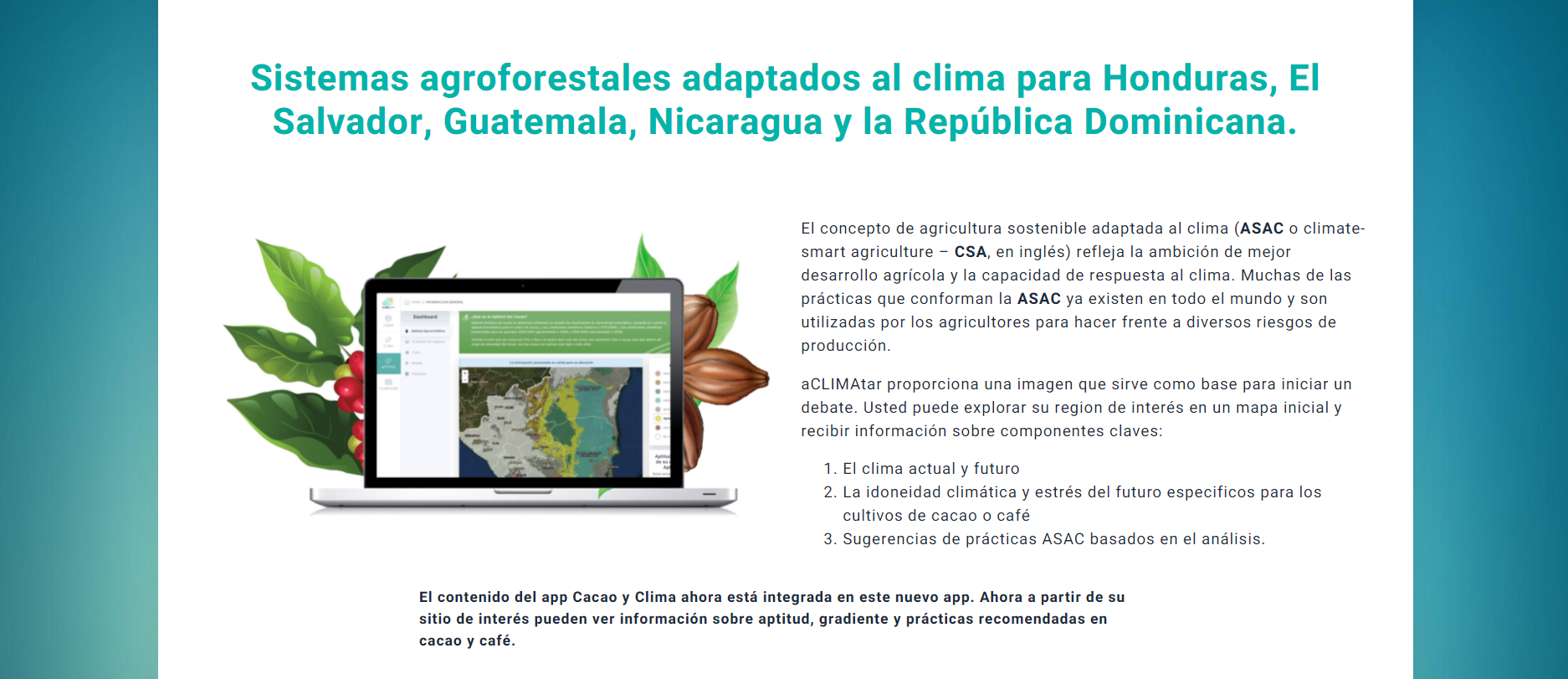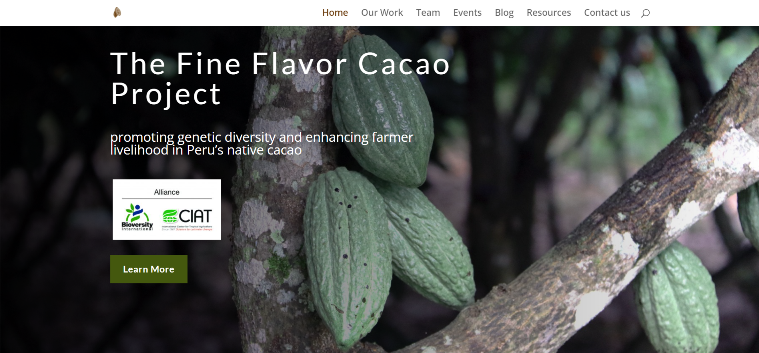Supply Chain Alignment and Market Differentiation
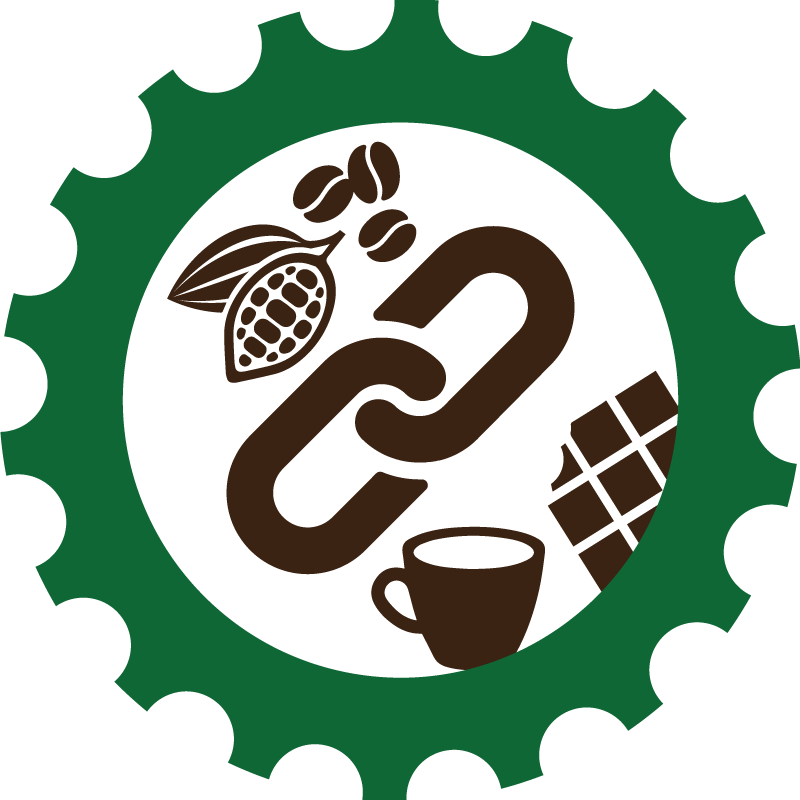
This section focuses on enabling transparent and innovative supply chains able to take evidence-driven sustainability actions with technological and policy advances to achieve multiple benefits.
Value chains and business models
Linkages between coffee and cocoa producers and markets are mediated through value chains and business models. Traditionally the optimization of these has focused on economic efficiency but the Alliance has substantial experience on participatory value chain upgrading and business model optimization with a focus on social inclusion, adaptation to climate change and sustainable land management. Specific tools include:
Zero deforestation businesses
Near real time deforestation monitoring is the use of satellite data to detect and track deforestation as early as possible. These detections of deforestation are then shared with land managers, conservationists and policy makers who can take timely actions to reduce the impact of agriculture expansion on the environment. These data are key to reduce the cacao footprint and move toward more sustainable agriculture.
Climate-smart decision support
Developing individualized adaptation solutions for all coffee and cocoa households based on site-specific climatic changes is unfeasible and the risk of maladaptation or inefficient use of resources is high. We work to translate the crop- and site specificity of climatic changes into actionable and understandable decision support. This can be linked to interventions in the governance of supply chains to achieve adaptation at scale.
Integrated interventions to scale resilience
Forward-looking adaptation to climate change is often either uneconomical for smallholders, or requires solutions beyond farm scale. We work with farmers to identify crucial pre-conditions to effectively build resilience. Together with partner organizations such as certifiers, impact investors or private sector companies we then develop the solutions needed to achieve resilience at scale, such as climate services, targeted training, or climate impact specific loan programs.
Farmer livelihood impact assessments
Measuring and assessing the impact of different interventions, tools and methods along the cocoa and coffee supply chains is an important step towards assessing the degree of success of specific actions. We are particularly interested in how changes in supply chain dynamics and practices benefit famers, their livelihoods, the environment and the competitiveness and resiliency of cocoa and coffee systems over time.
Cocoa Quality and Flavor
The Cocoa of Excellence Programme recognizes, preserves, valorizes and promotes quality and diversity across the cocoa value chain for thriving and resilient communities – from origins to consumers. It started in 2009, serving as the entry point for 60 cocoa-producing countries globally to compete in the Cocoa of Excellence Awards. Over the past decade, Cocoa of Excellence has played a critical role in promoting quality and flavor diversity of cocoa beans across the producing countries. It is growing as a collaboration platform for the cocoa community, driving ground-breaking innovations and business models for the development and enhancement of the cocoa sector, in close partnership with public and private lead-organizations such as: the International Cocoa Organization (ICCO), Guittard Chocolate, Seguine Cacao, Cocoa and Chocolate Advisors, the USDA project Maximising Opportunities for Cacao and Coffee in Latin America (MOCCA), the Italian Ministry of Foreign Affairs and International Cooperation, Salon du Chocolat / Event International, Barry Callebaut and Cacao Barry, Puratos-Becolade, the Cocoa Research Centre of the University of the West Indies (CRC/UWI), Valrhona, Regis Bouet, TreeGether, Universidad Nacional Agraria La Molina Peru, the Cocoa Research Institute of Ghana (CRIG), the Zurich University of Applied Sciences (ZHAW), CacaoCrudo, Herencia, CocoaTown, SGS, OLAM, Alexandre Chocolaterie, ClearChox, Universidad del Valle de Guatemala and the Organizzazione internazionale italo-latino americana (IILA). Cocoa of Excellence leads the development of the International Standards for the Assessment of Cocoa Quality and Flavour with the Working Group members. Another initiative looks into assessing blockchain technology in improving cocoa farmer livelihoods through a fair and transparent pricing by producing award-winning cocoa through transparent and efficient transactions among the value-chain actors and the recognition of the Cocoa of Excellence Awards as the quality-insurance labels.

Cacao Fine Flavor Opportunities
South and Central America, being the center of origin and domestication of cacao, hosts a wide genetic diversity of the crop, but to date only a small fraction of this is being used for global production volumes. We strive to make better use of existing cacao diversity for multiple purposes and challenges. Key traits of interest are those related to higher productivity, resistance to pests and diseases, adaptation to climate change, superior organoleptic characteristics, as well as low accumulation of contaminants such as cadmium. A particular interest lies with the promotion of multiple underutilized native fine flavor cacao varieties, both in terms of increasing productivity but also access to specialty markets.



